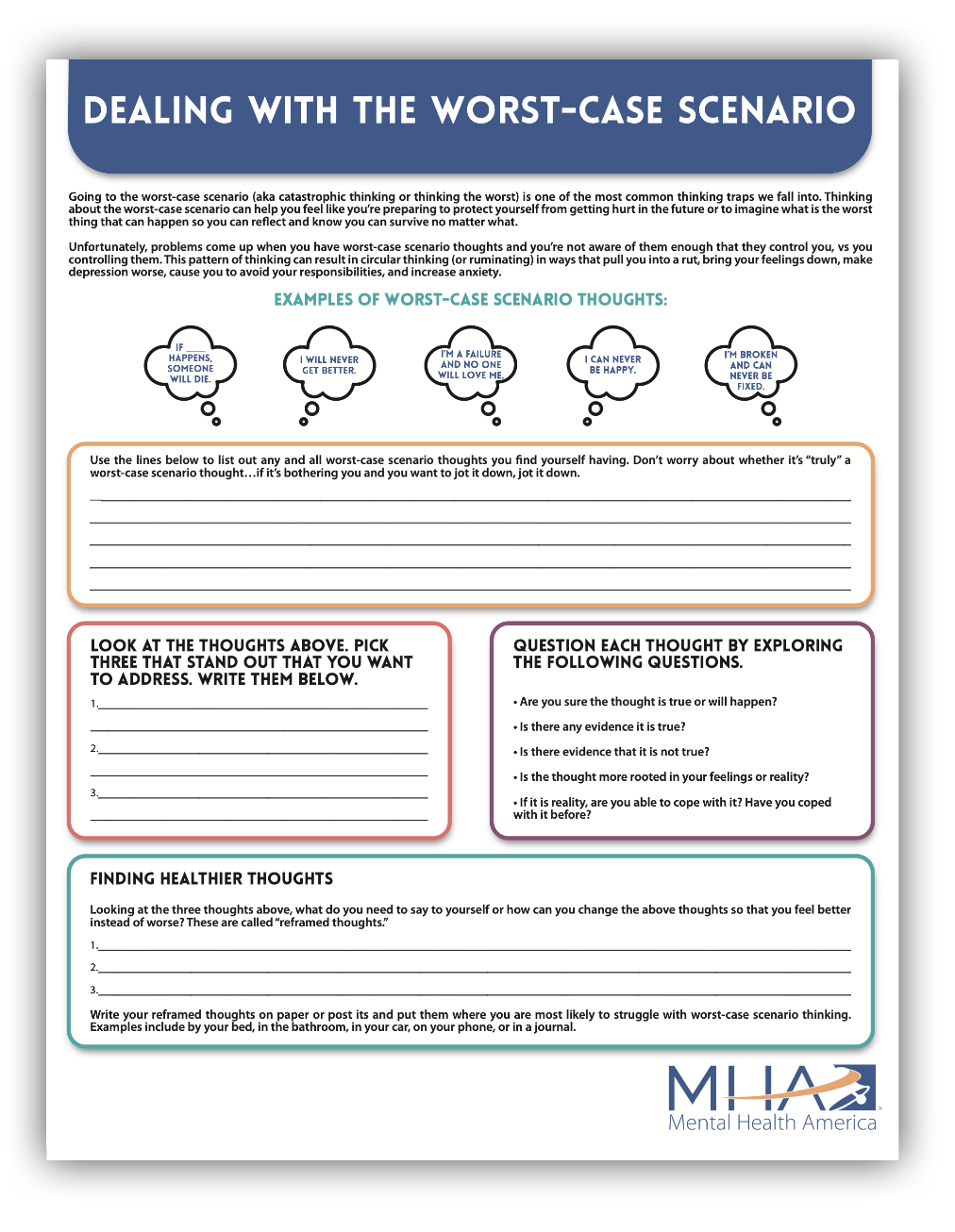Negative Thinking Traps
When you're feeling stuck, it can seem like there’s no way forward. Life feels heavy. Your thoughts might spiral into worst-case scenarios or convince you that nothing ever goes right. These negative thinking patterns—known as thinking traps—can distort how you see yourself, others, and the world around you.
The good news? You’re not alone. And with some practice, you can learn to change the way you think.
What Are Thinking Traps?
Our brains take shortcuts all the time to help us make quick decisions. These shortcuts are usually helpful—but sometimes they can trick us into believing things that aren’t entirely true.
Here are a few common thinking traps:
- Overgeneralizing - You assume one bad experience means every experience will be bad. Example: “I didn’t get that job, so I’ll never get hired anywhere.”
- All-or-Nothing Thinking - You see things in black and white, with no middle ground. Example: “If I’m not perfect, I’ve completely failed.”
- Jumping to Conclusions - You assume you know what others are thinking—or that the worst will happen. Example: “They didn’t say hi, so they must be mad at me.”
- “Should” Statements - You put pressure on yourself with unrealistic expectations. Example: “I should be able to handle this on my own.”
- Tunnel Vision - You focus only on the negative and forget that things can change.
How to Reframe Your Thoughts

Reframing your thoughts means looking at a situation in a new, more balanced way. For example, instead of thinking, “I always mess things up,” you might say, “That didn’t go the way I wanted—but I learned something, and I can try again.”
Reframing isn’t about ignoring your emotions or pretending everything’s fine. It’s about giving yourself the chance to see a fuller picture—one where growth, hope, and healing are possible.
ACTIVITY: Overcoming Negative Thinking Traps
Tips for Getting Unstuck:
- Be kind to yourself. Everyone falls into thinking traps. It’s human.
- Write it out. Journaling helps you recognize patterns and challenge your thoughts.
- Talk to someone. Friends, family, and therapists can offer a new perspective.
- Practice regularly. Like any skill, reframing gets easier the more you do it.